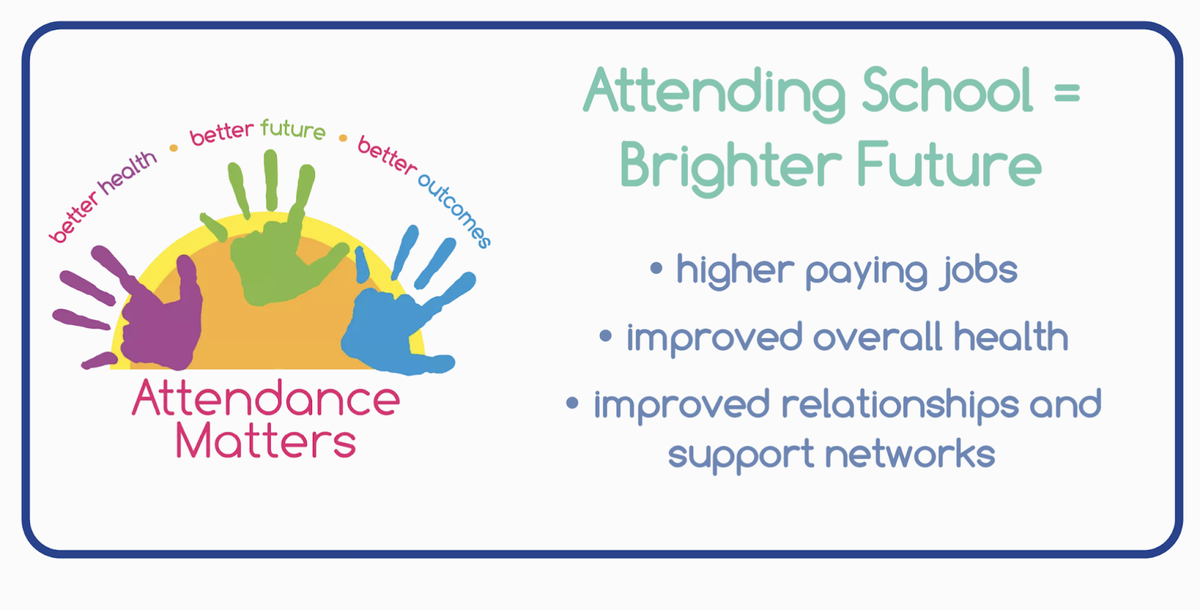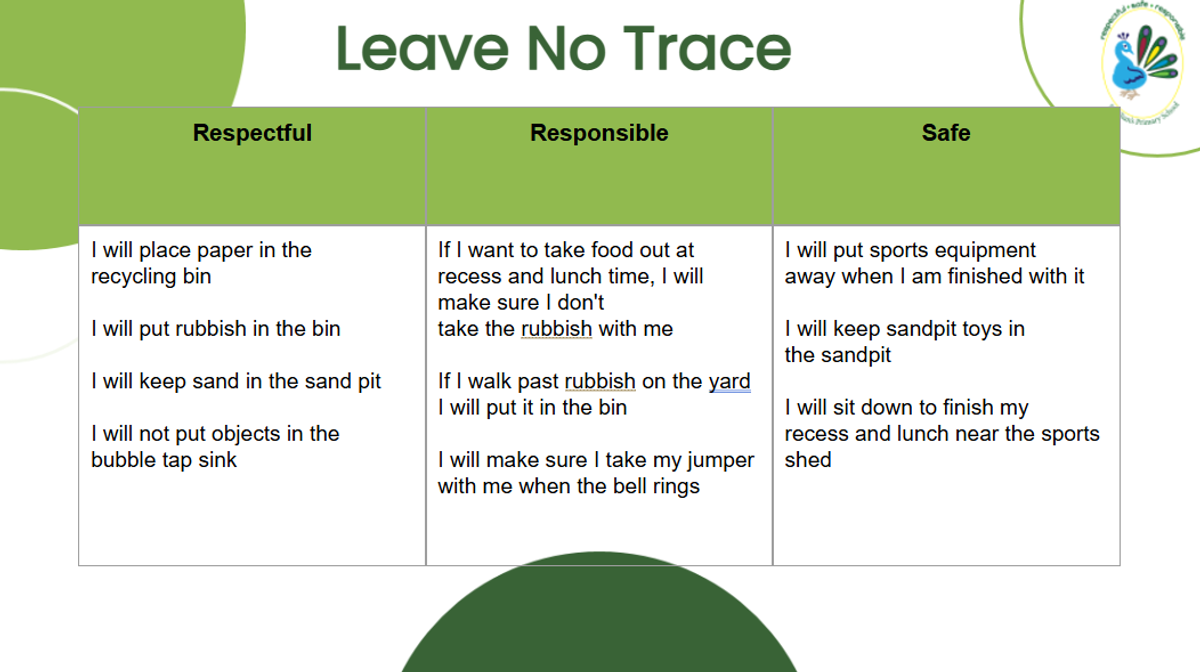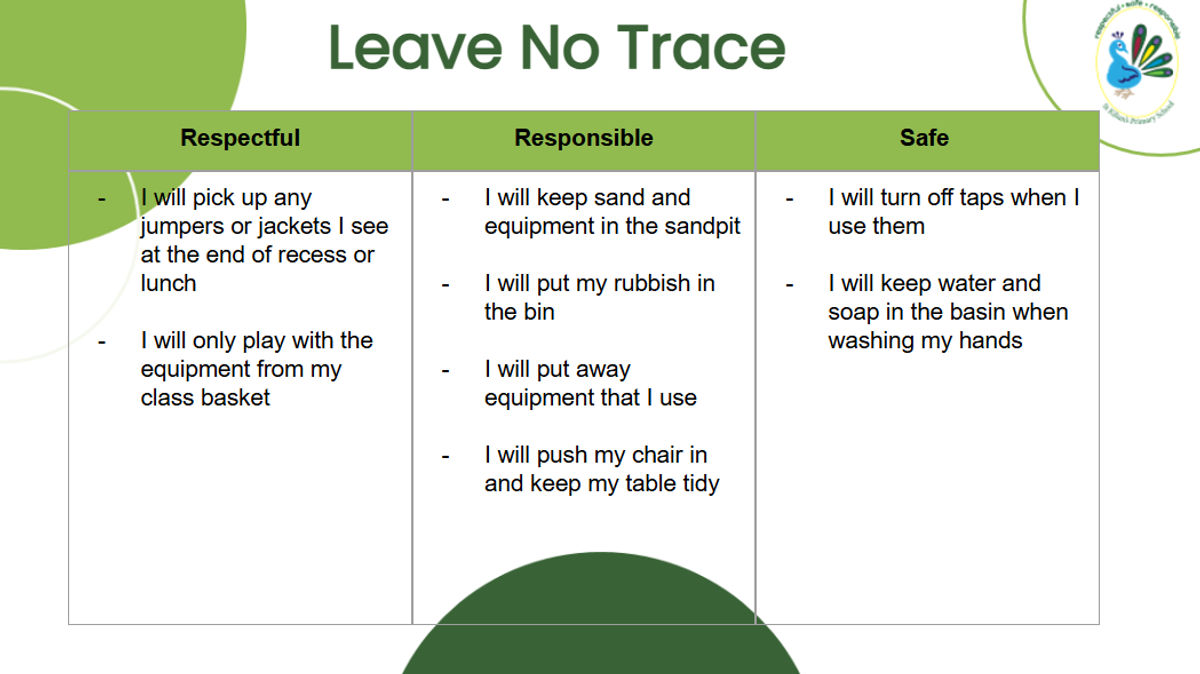Pastoral Wellbeing

Attendance
Starting Strong – Week 1 Attendance Snapshot
We’ve started Term 3 on a high, with a whole school attendance rate of 92.12% in Week 1—our best weekly result so far this year!
Over 71% of students had 100% attendance for the week, which is a strong reflection of families re-establishing routines and the positive culture around learning at St. Kilian’s.
📊 Comparison with Previous Terms:
- Term 1 Weekly Average: 89.3%
- Term 2 Weekly Average: 91.5%
- Term 3, Week 1: 92.12%
This upward trend is something to celebrate—and to keep building on as the term continues!
🏅 Standout Classes This Week:
- 5EM – 98.42%
- 5GW – 95.03%
- 2LP – 95.00% These classes are leading the way with a strong start—congratulations!
💡 What Does 92% Really Mean?
While 92% sounds impressive (and it is!), it still means that over 1 in every 10 students missed at least one day in the first week of school.
With a student population of 265:
- That’s 76 students who didn’t attend school every day in Week 1.
- Missing just 1 day equals around 5–6 hours of lost learning—plus missed social time, group activities, and class routines.
Over time, this adds up. For example:
- A student with 92% attendance across the year will miss about 3 full weeks of school—over 60 hours of classroom learning.
That’s why every day really does matter—academically, socially, and emotionally.
📚 Why Attendance Matters
Being at school every day helps students:
- Build and strengthen friendships
- Develop confidence and emotional regulation
- Stay connected to classroom learning and routines
- Experience consistency that promotes growth and wellbeing
Our Week 1 data shows that students who attended every day were more settled and confident in their learning and relationships. Even short absences can make it harder to reconnect and feel part of the class.
🤝 Let’s Work Together
We understand that getting to school every day isn’t always easy—and we’re here to help. If your child is feeling worried, tired, unmotivated, or you’re finding mornings challenging, please reach out.
You can speak with:
- Your child’s classroom teacher, or
- A member of our Wellbeing Team for tailored support and strategies.
Together, we can make Term 3 a strong and successful one—for every student.
Seeking Assistance?
If your family is finding it difficult to get to school regularly, please know that we are here to help. You’re encouraged to speak with your child’s classroom teacher or reach out to our Wellbeing Team – Mrs. Antonowicz, Mrs. McSweeney or Mr. Podosky – for support.
We can assist in a variety of ways, including:
- Creating a positive morning routine to reduce stress before school
- Helping your child feel safe and connected at school
- Offering support for separation anxiety or school-based worries
- Adjusting your child’s transition into the classroom
- Working with families to make a plan that suits your situation
Please don’t hesitate to reach out – we’re here to work with you and your child every step of the way.
If you know that your child won’t be attending school, please contact the office and let them know that your child will be away!
PBIS Focus This Week: Leave No Trace
This week, our Positive Behaviour Blitz at school is all about “Leave No Trace.” We are learning the importance of being respectful, responsible, and safe in how we treat our belongings in the classroom and on the yard.
Leave No Trace means showing care for our environment, shared spaces, and each other by making sure we don’t leave mess, damage, or harm behind. It reminds us to respect the places we learn and play in and leave them as we found them—or even better.
This connects to our school values:
Respectful – We treat all spaces with care. Example: We walk around plants and artworks instead of stepping on or over them.
Safe – We keep areas clean and clear so everyone can use them safely. Example: We put away sports equipment and pick up rubbish so others don’t trip or slip.
Responsible – We take ownership of our own mess and help others do the same. Example: We tidy our workspace, push in our chairs, and pack up shared materials even if we didn’t use them.
By living these values, we show that we care for our school, our environment, and our community.
How You Can Support at Home:
You can help reinforce these important messages at home by:
- Encouraging your child to clean up after themselves (e.g., packing away toys, clearing their plate)
- Talking about the importance of leaving shared spaces tidy for others
- Practising how to care for the environment (e.g., putting rubbish in the bin, recycling properly)
- Praising efforts to be responsible for personal belongings and shared items
When families and schools work together, we build consistent habits that help children thrive socially, emotionally—and as caretakers of their world.
As part of our school-wide PBIS (Positive Behaviour Interventions and Supports) focus, we’re helping students learn and practise what it means to be respectful, responsible, and safe not only with others, but also with the spaces and environment they use every day. With your support, we can help children build lifelong habits that reflect pride in themselves and their surroundings.



